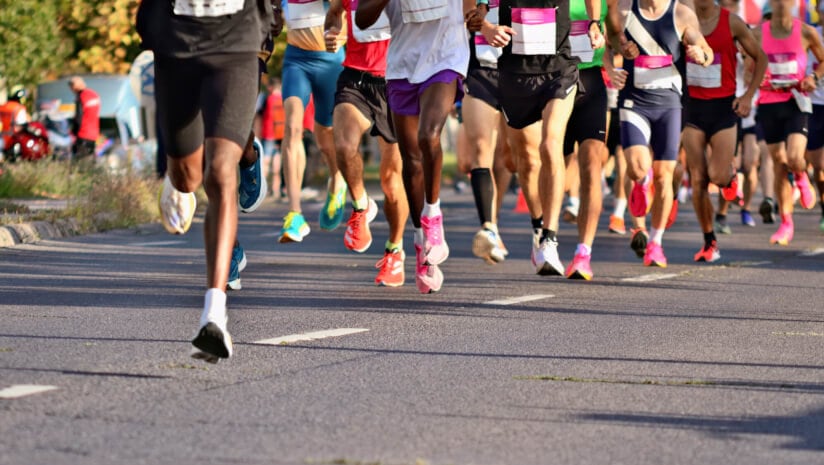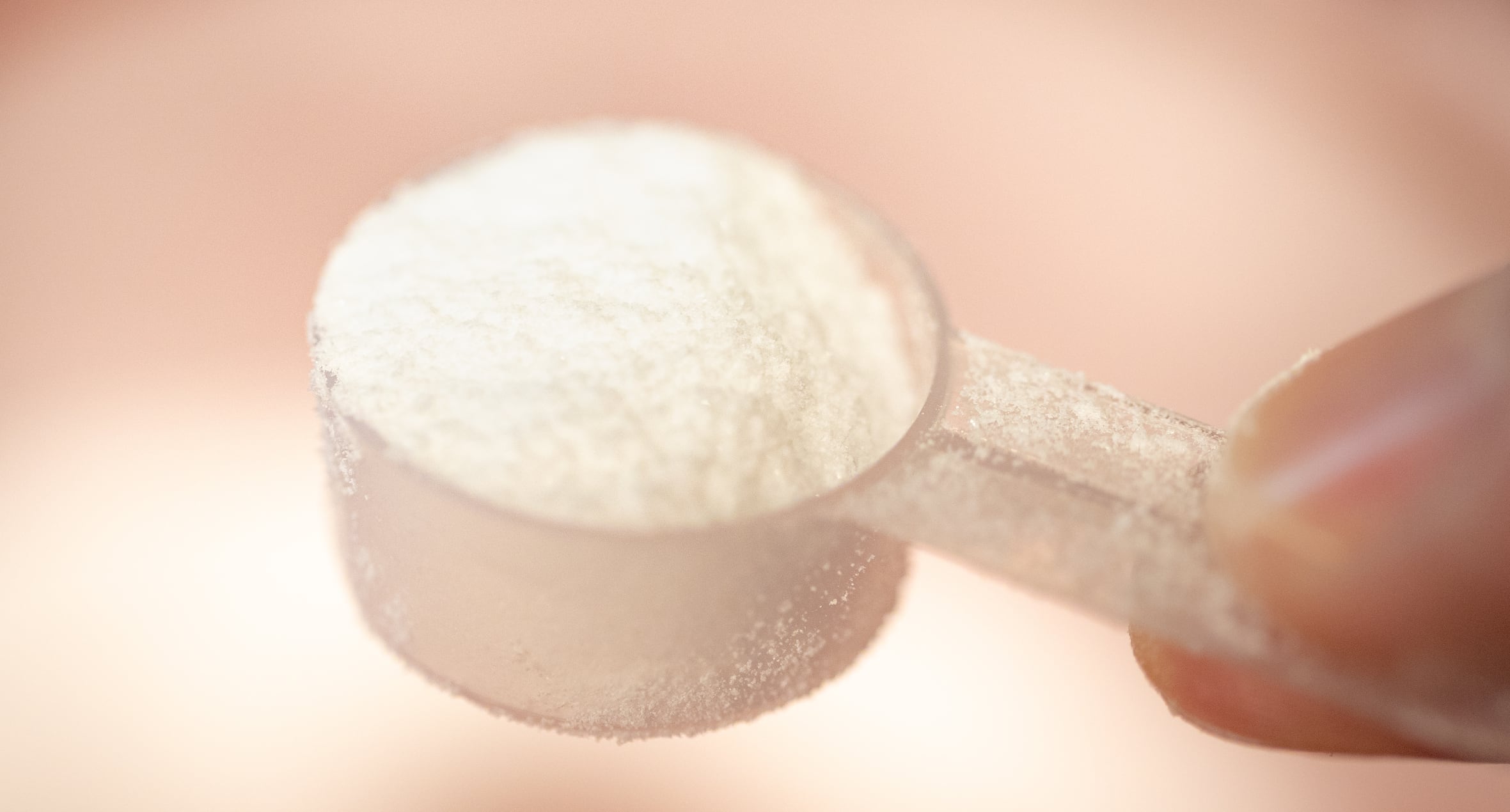The research, published in the journal Nutrients, assessed whether MSM supplementation alters post-exercise mRNA biomarkers linked to immune responses to oxidative stress and sterile inflammation, as mRNA biomarkers are able to reflect subtle changes in immune homeostasis.
Low-dose MSM for sports nutrition formulations
MSM is a sulfur-containing compound commonly sold as a dietary supplement for joint health and inflammation.
Previous research indicates that MSM supplementation reduced arthritis symptoms and post-exercise muscle and joint soreness, and MSM combined with polyphenols improves inflammatory and immune responses after endurance exercise. In this new study, researchers in the United States and South Africa used doses of MSM between 0.5 g and 1 g per day, which they reported was one-third of the dose tested previously prior to a half-marathon.
“With this new trial, we explored an unprecedentedly low dose of MSM,” said Jessica Arnaly, senior marketing and business development manager at Balchem Human Nutrition & Health, noting that the findings highlight opportunities for sports nutrition brands to use MSM more flexibly in convenient, multi-ingredient formats that suit today’s busy, active consumers.
“A lower dosage means the ingredient takes up less space in a formulation, giving manufacturers the opportunity to try out different ingredient combinations,” she said. “Lower doses are also more convenient products for consumers.”
MSM supplementation alters gene expression after half-marathon
The researchers recruited 10 experienced runners between the ages of 32 and 44 years old who were planning to run a half-marathon within 30 days and randomly assigned them to either an MSM or placebo group. In the MSM group, participants consumed 0.5 g/day of OptiMSM in capsule form for 27 days, and for the next three days, they increased intake to 1.0 g/day. Participants ran the half marathon (21.1 km) on the thirtieth day.
The researchers collected blood samples 24 hours before the race and 2 and 4 hours after the half-marathon. They identified 29 mRNAs whose expression changed significantly with MSM but not with a placebo after the half-marathon. They grouped these mRNAs into four biological pathways: peripheral tissue inflammation, myeloid immune cell invasion, Notch signaling and NK cell activity.
From this, they concluded that MSM supplementation may: support muscle recovery by improving macrophage response to exercise, speed up repair and restoration of damaged muscle tissue, strengthen the innate immune response to ‘danger signals’ from damaged cells and reduce oxidative stress and/or improve resistance to it after exercise.
“In summary, during a four-hour period following running a half-marathon race, we were able to demonstrate that 30 days of prior MSM supplementation altered the expression of 29 mRNAs that may reflect an optimized immune response to oxidative stress and/or sterile inflammation,” the researchers reported. “These effects were observed with a much lower dose of MSM than has been used in any other published exercise study.”
They noted that the results build on previous research by identifying mRNAs and associated pathways that could serve as promising targets for future study. They also emphasized that more research is needed to determine if MSM similarly affects these mRNAs and pathways in individuals with chronic inflammatory conditions.
Source: Nutrients 2025, 17(11), 1761; https://doi.org/10.3390/nu17111761; “Using the Rise and Fall of Oxidative Stress and Inflammation Post-Exercise to Evaluate the Effect of Methylsulfonylmethane Supplementation on Immune Response mRNA.” Authors: McFarlin, B. K. et al.





